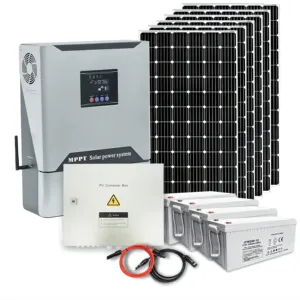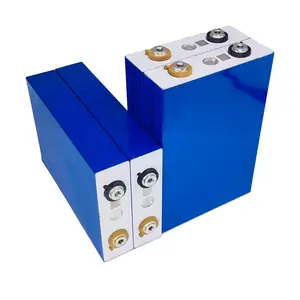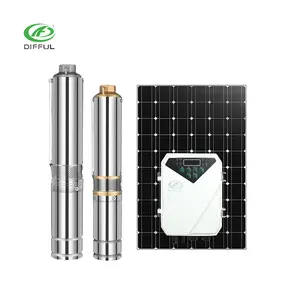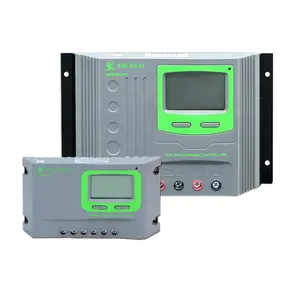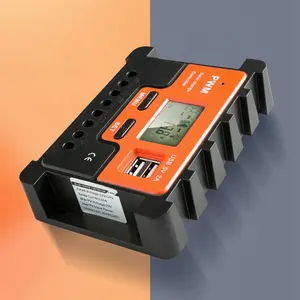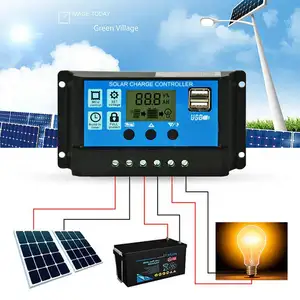Popular in your industry





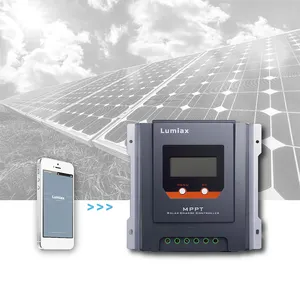




















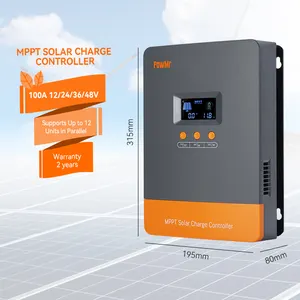






























Related Searches:

































































































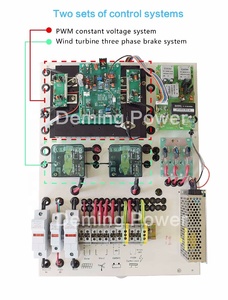


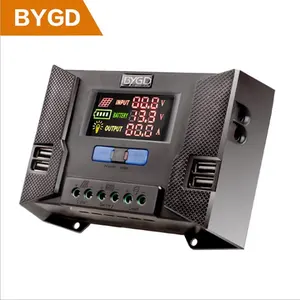






















Top categories
About pwm charge controller
PWM Charge Controller Overview
Pulse Width Modulation (PWM) charge controllers are essential components in solar energy systems, designed to regulate the energy flow from photovoltaic (PV) panels to the battery bank or direct loads. Ensuring the longevity of batteries by preventing overcharging, PWM controllers are a cost-effective solution for solar power management.
Types and Applications
The versatility of PWM charge controllers allows for their use in various applications, from small-scale solar systems to larger, more complex solar working stations. They are commonly utilized in conjunction with solar panels for residential solar systems, commercial setups, and even in remote telecommunications and off-grid systems.
Features and Functionality
A PWM solar controller is characterized by its simplicity and reliability. It modulates the energy input to the batteries in a series of pulses, maintaining the voltage at a level that is safe for the battery's storage capacity. This method of charging is known for its effectiveness in maintaining battery health and extending its life span. Controllers may come with additional features such as LCD displays, USB ports for charging, and various protection measures against overcharging, short-circuiting, and reverse polarity.
Materials and Durability
Durability is a key factor in the design of PWM solar charge controllers. Typically constructed from robust materials capable of withstanding environmental stressors, these controllers are built to ensure consistent performance over time. The materials used also contribute to the efficiency of heat dissipation, which is crucial for maintaining the controller's functionality.
Advantages of PWM Controllers
The primary advantage of a PWM battery charge controller lies in its efficiency in maintaining battery health. By preventing overcharging, it ensures that batteries reach their full capacity without incurring damage. Additionally, PWM controllers are generally more affordable than their MPPT counterparts, making them an accessible option for those looking to implement solar energy solutions on a budget.
Choosing the Right PWM Controller
Selecting the appropriate PWM charge regulator requires consideration of the solar system's size, the type of batteries used, and the specific energy needs of the application. It is important to match the controller's specifications with the system's requirements to ensure optimal performance and system reliability.
